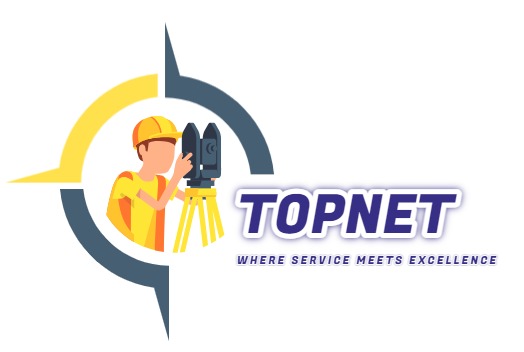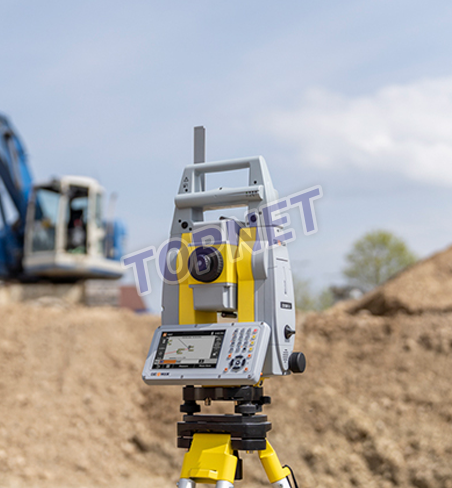A Total Station is a high-precision surveying instrument that combines the functions of a theodolite (measuring angles) and an electronic distance meter (EDM, measuring distances). It’s a critical tool used in various fields like:
- Construction: Laying out foundations, setting elevations, monitoring progress.
- Land Surveying: Mapping terrain, creating property boundaries, and topographic surveys.
- Engineering: Road and bridge design, tunnel alignment, and infrastructure development.
- Archaeology: Documenting excavation sites and historical structures.
- Law Enforcement: Accident reconstruction and crime scene investigation.
Key Components:
- Telescope: For viewing the target point and measuring angles.
- EDM: Measures the distance to the target using infrared or laser technology.
- Data Collector: Stores and processes measurement data.
- Onboard Computer: Controls the instrument and performs calculations.
How it Works:
- Aiming: The surveyor points the telescope at a target point (prism or reflector).
- Distance Measurement: The EDM sends out a light beam, and the reflected beam is measured to calculate the distance.
- Angle Measurement: The telescope measures horizontal and vertical angles to the target.
- Data Recording: The data collector records the distance and angles.
- Data Processing: The onboard computer can perform calculations like determining coordinates, elevations, and areas.
Types of Total Stations:
- Manual Total Stations: Require manual operation for aiming and data entry.
- Robotic Total Stations: Can automatically track a target and measure data without manual intervention.
- Scanning Total Stations: Capture large amounts of data quickly and efficiently.
Advantages:
- High Accuracy: Precise measurements for critical tasks.
- Efficiency: Reduces time and effort compared to traditional surveying methods.
- Data Collection: Collects and stores vast amounts of data for analysis.
- Integration: Can be integrated with other surveying equipment and software for streamlined workflows.
Let me know if you’d like to learn more about specific applications or how to use a Total Station!

